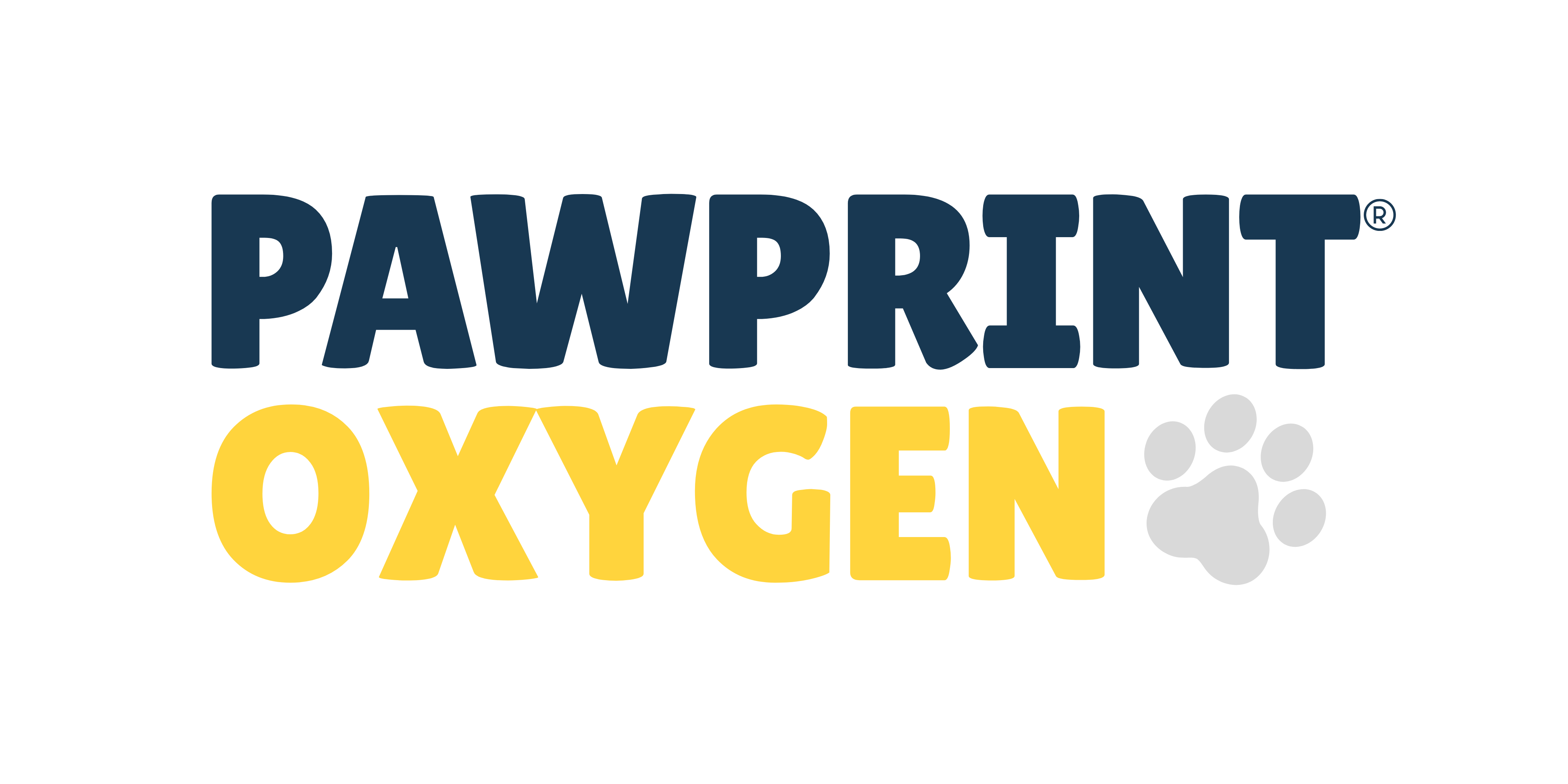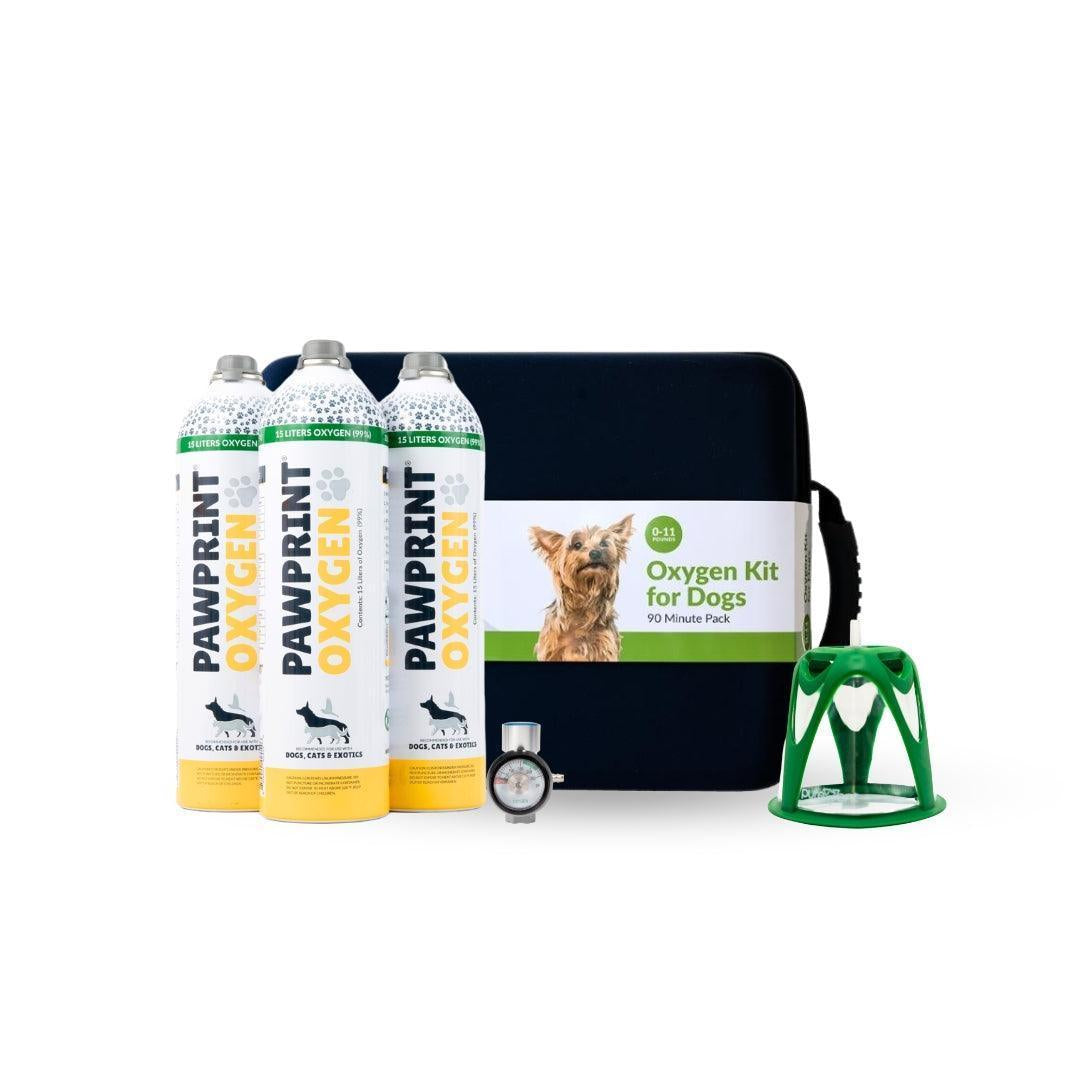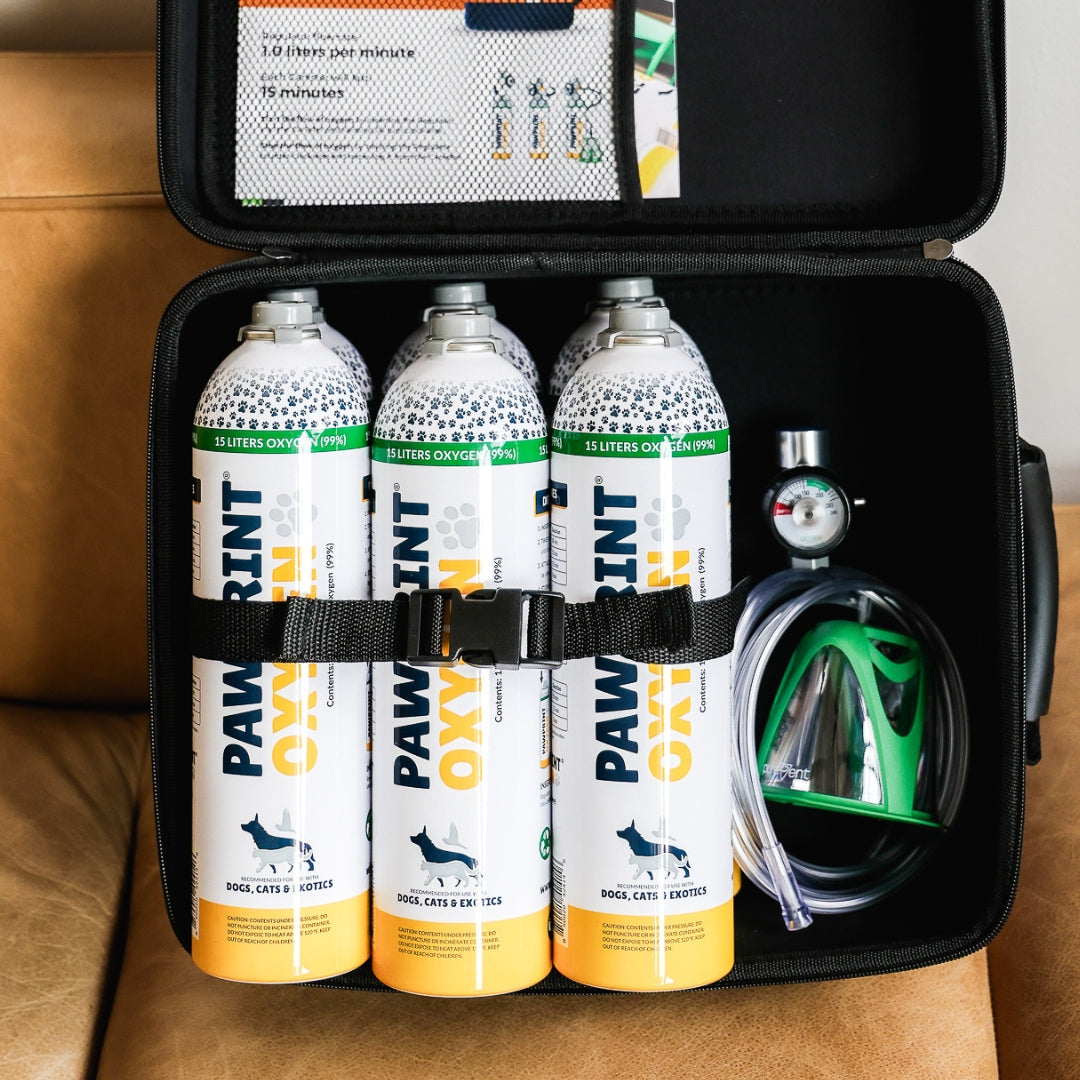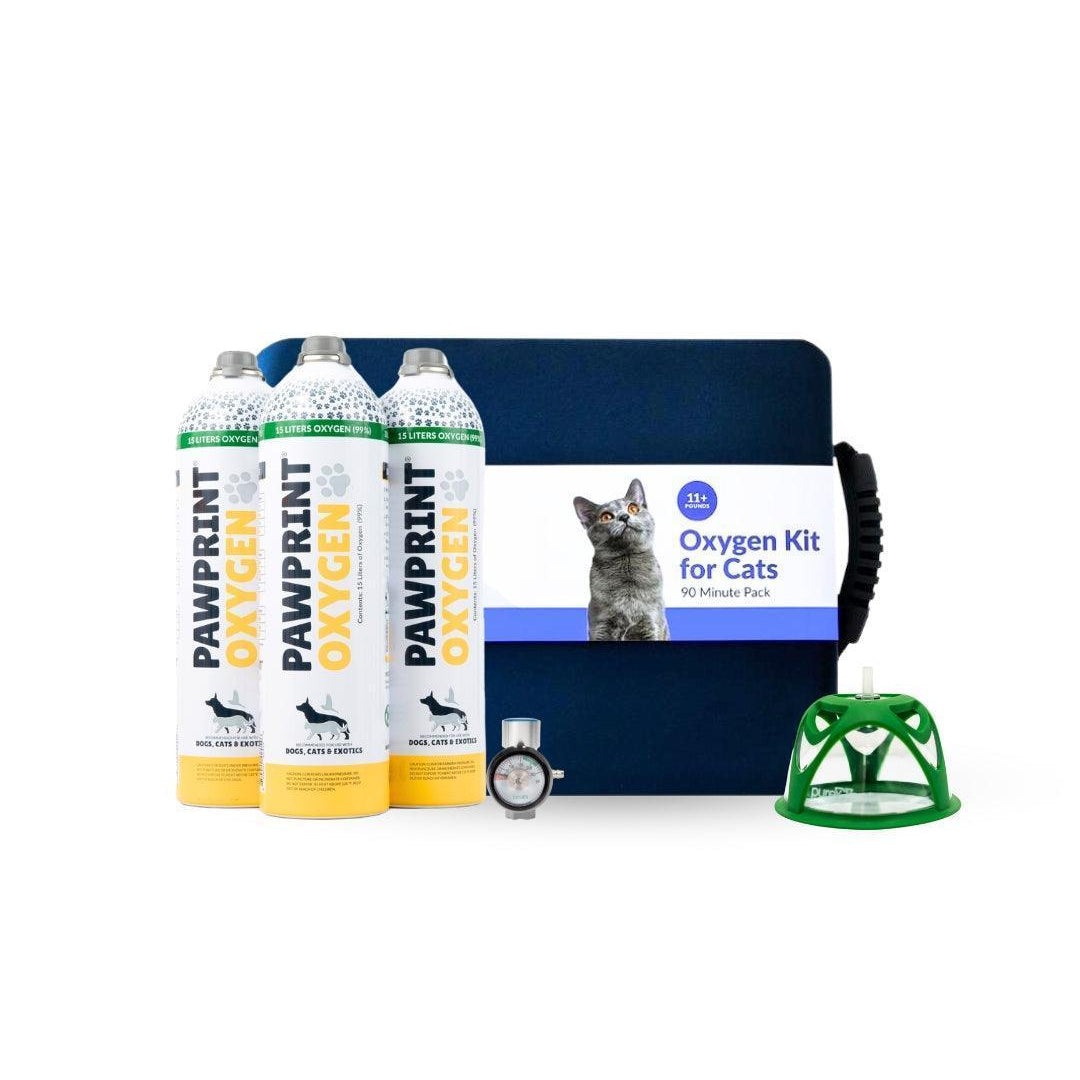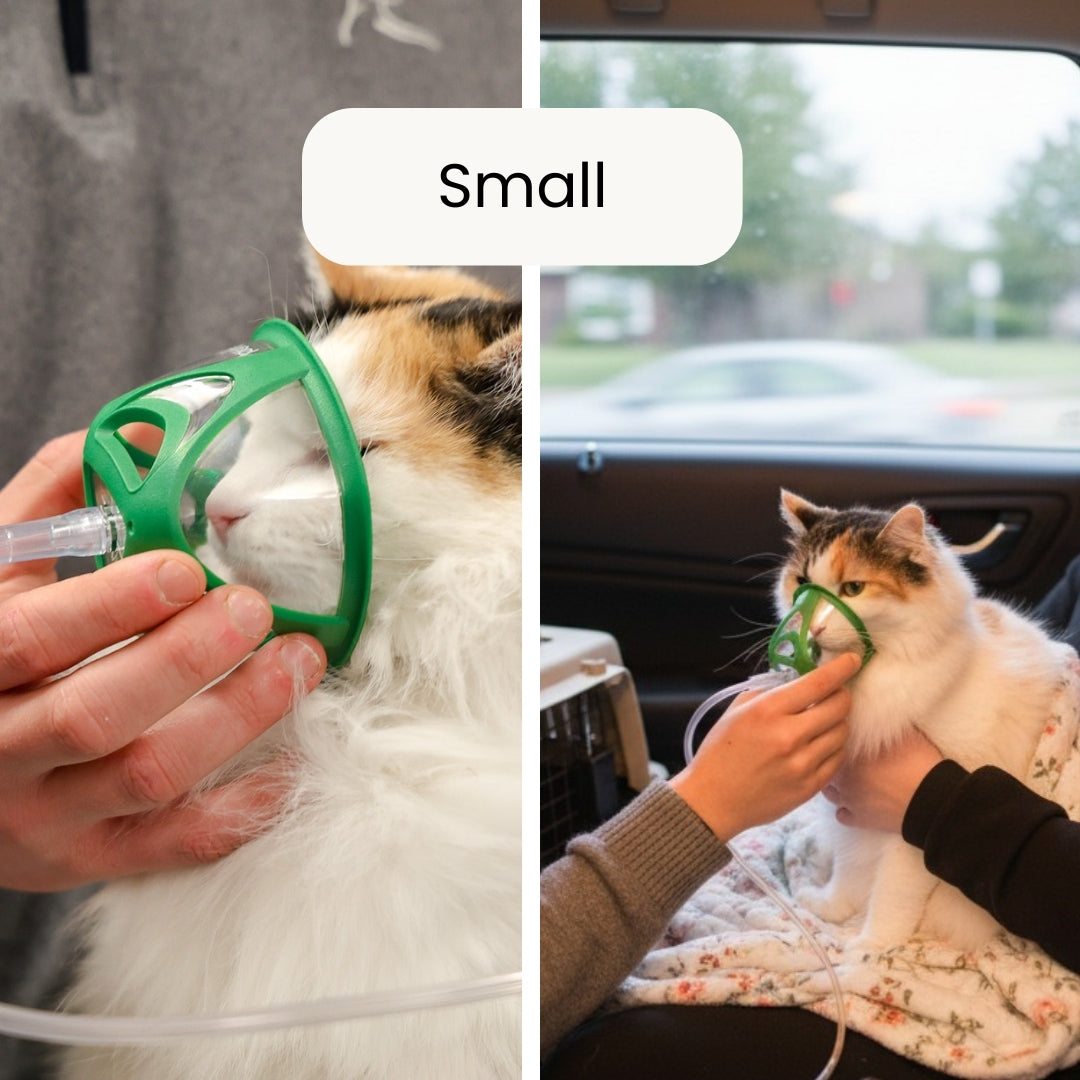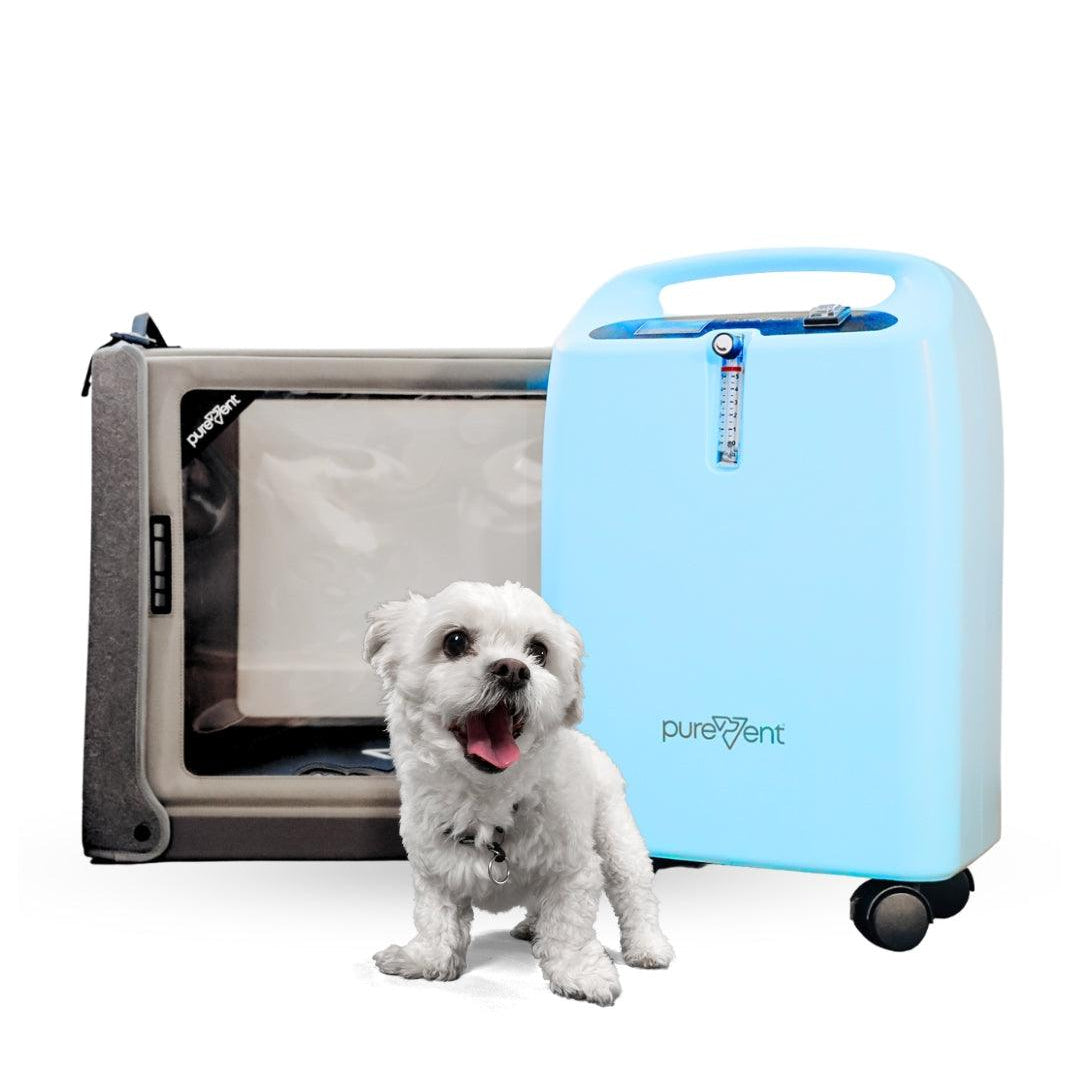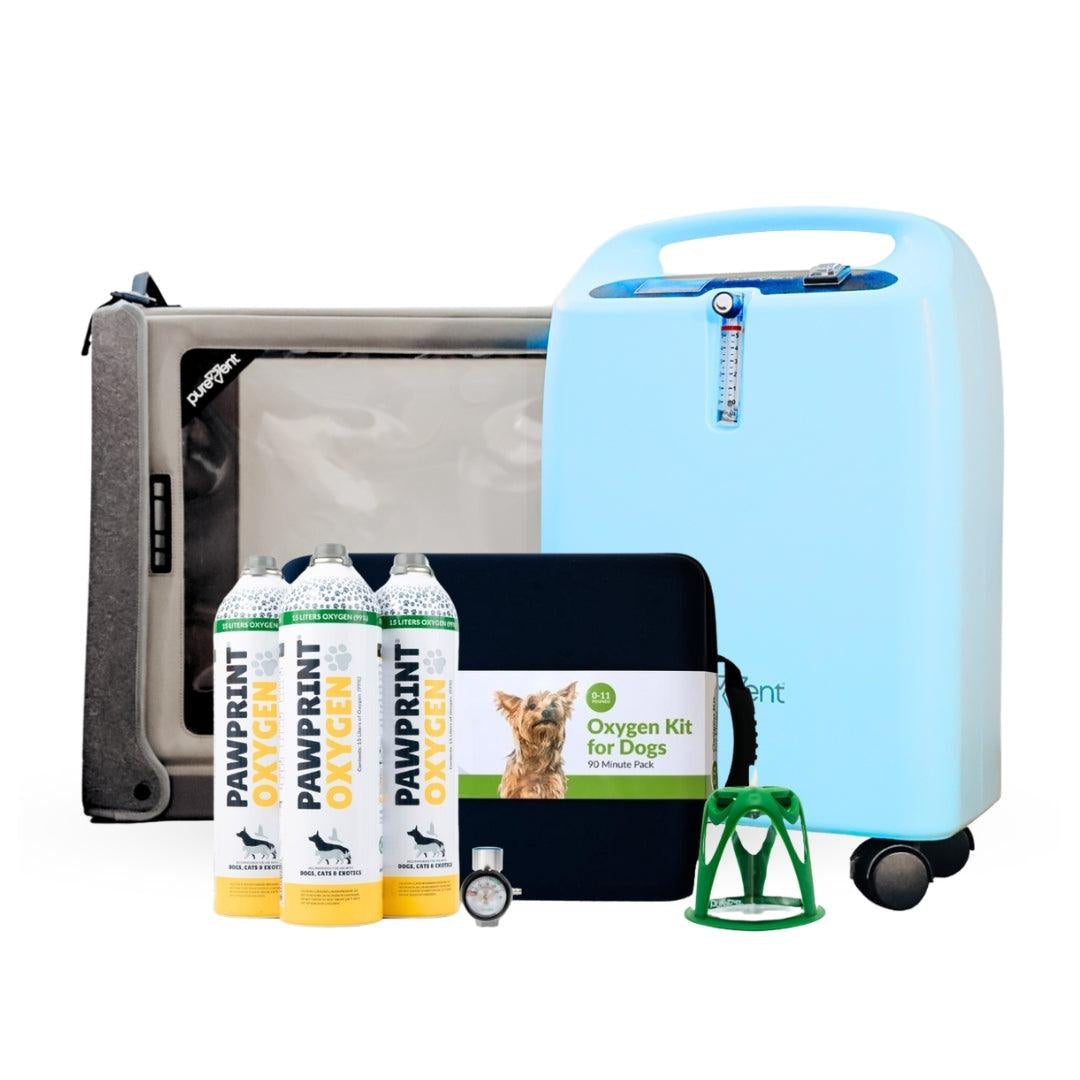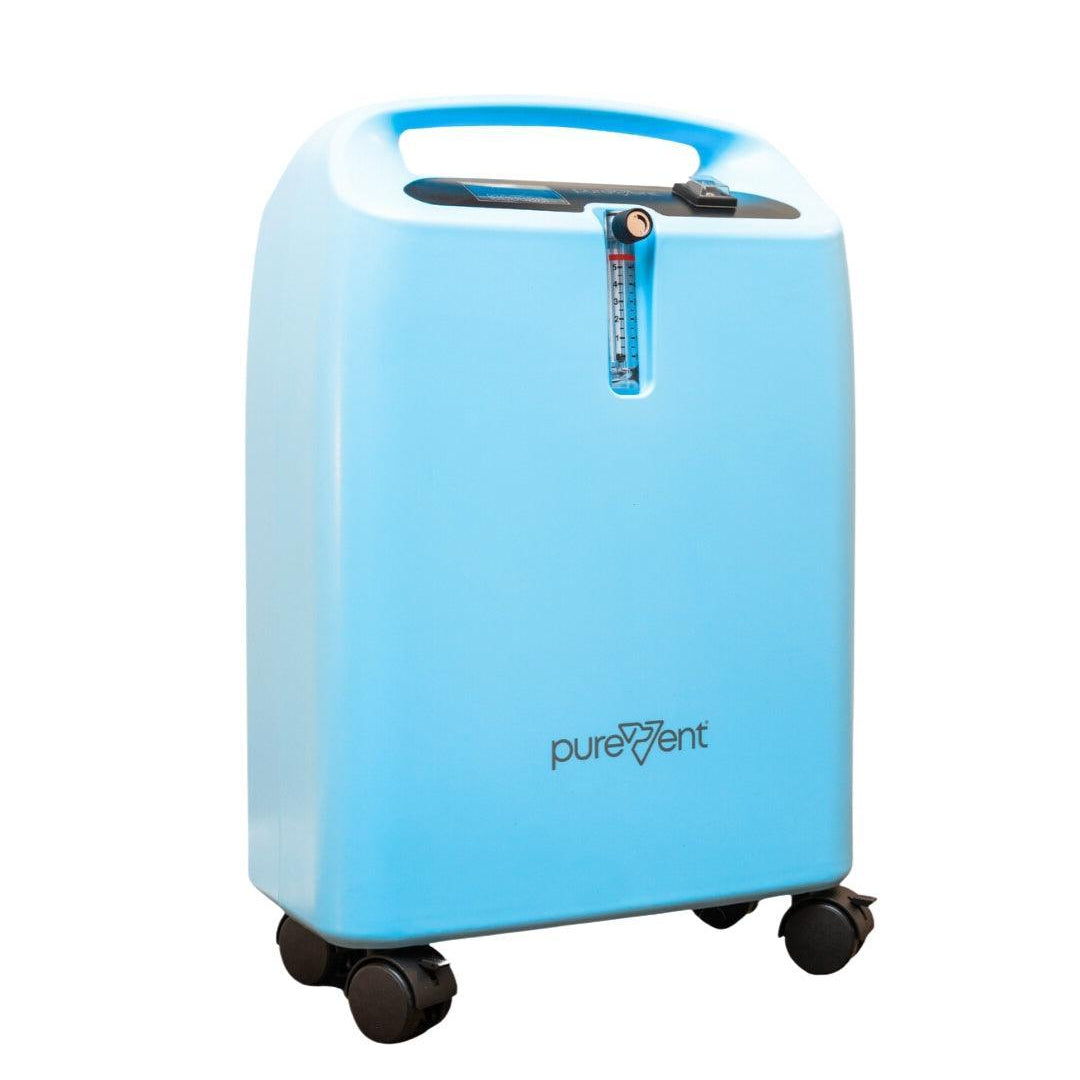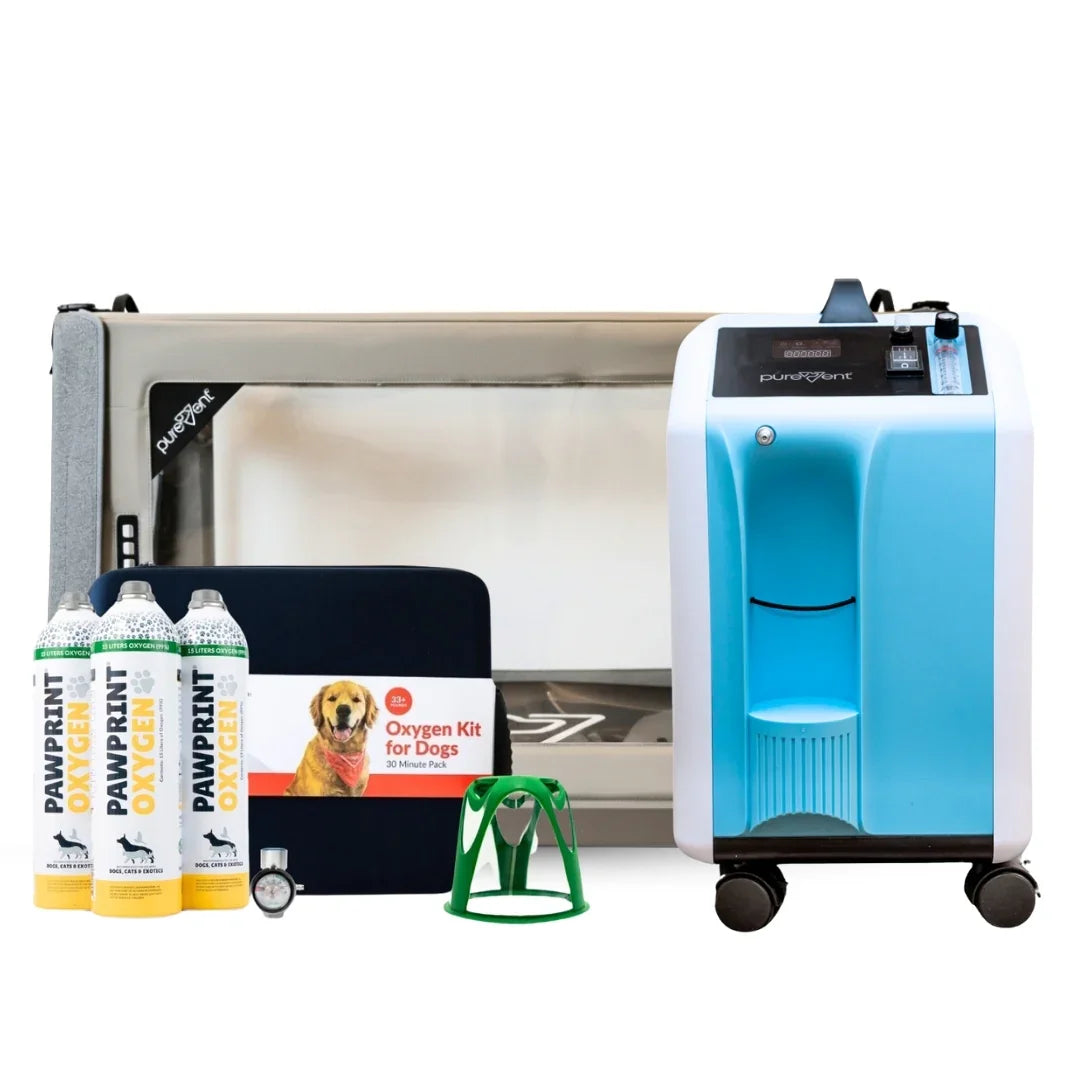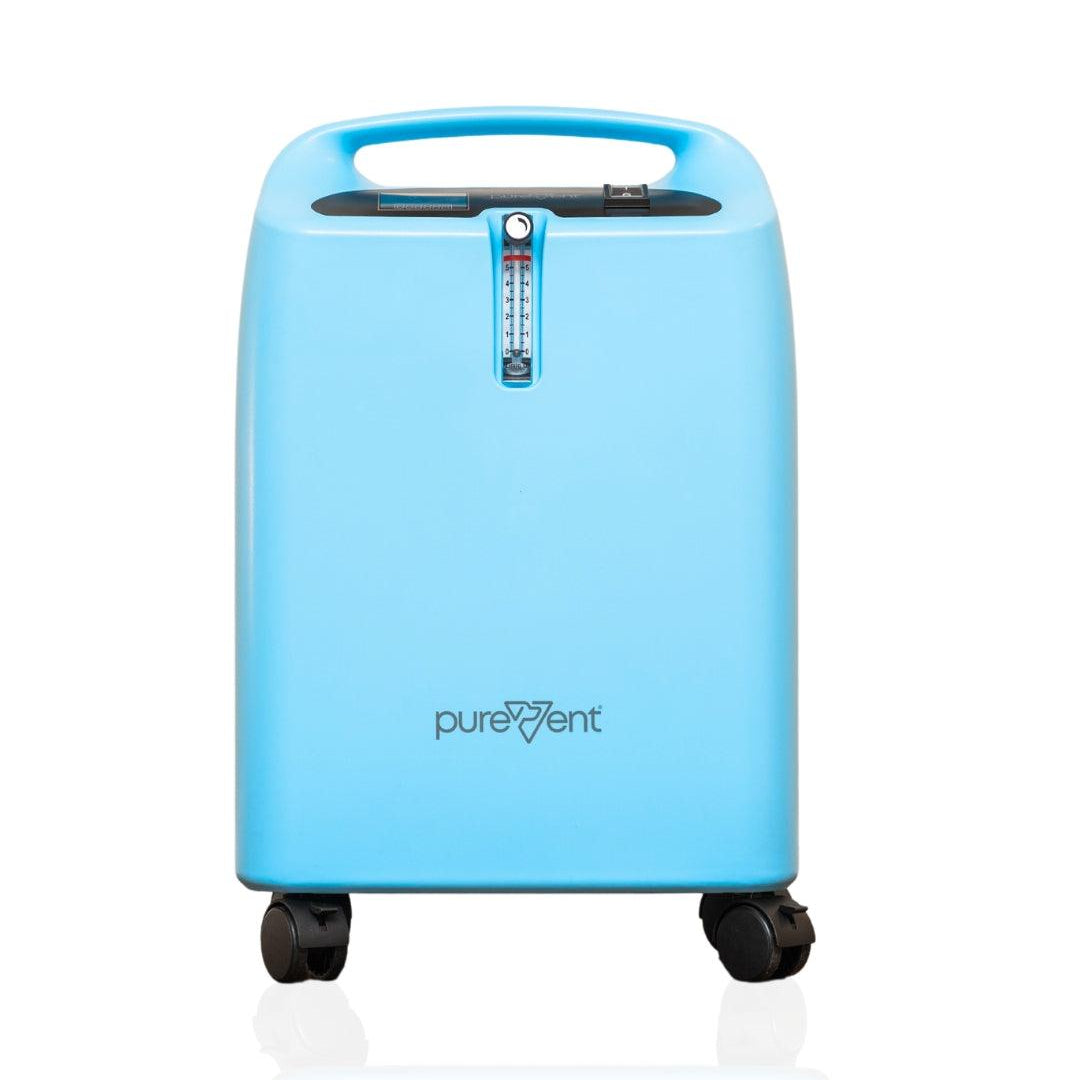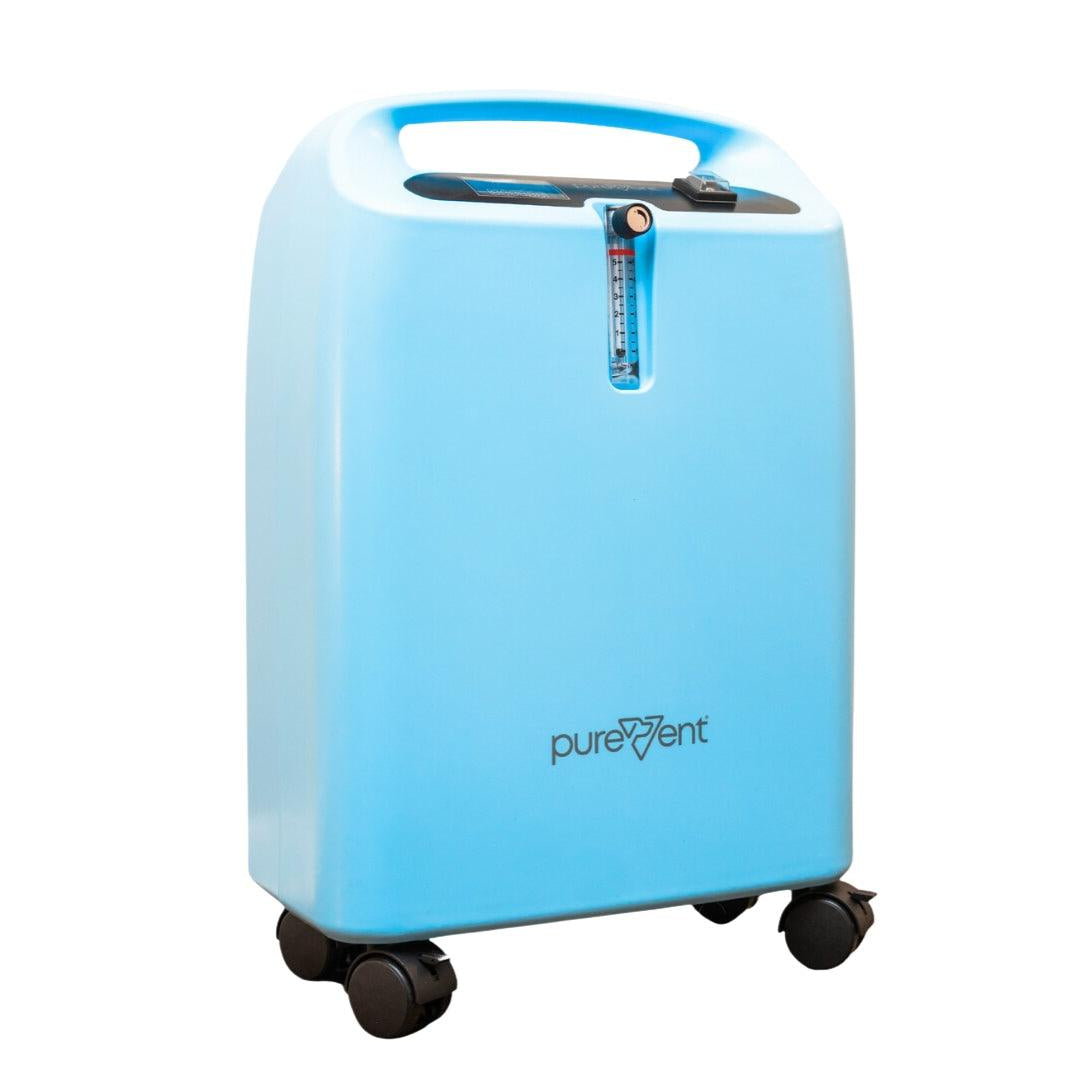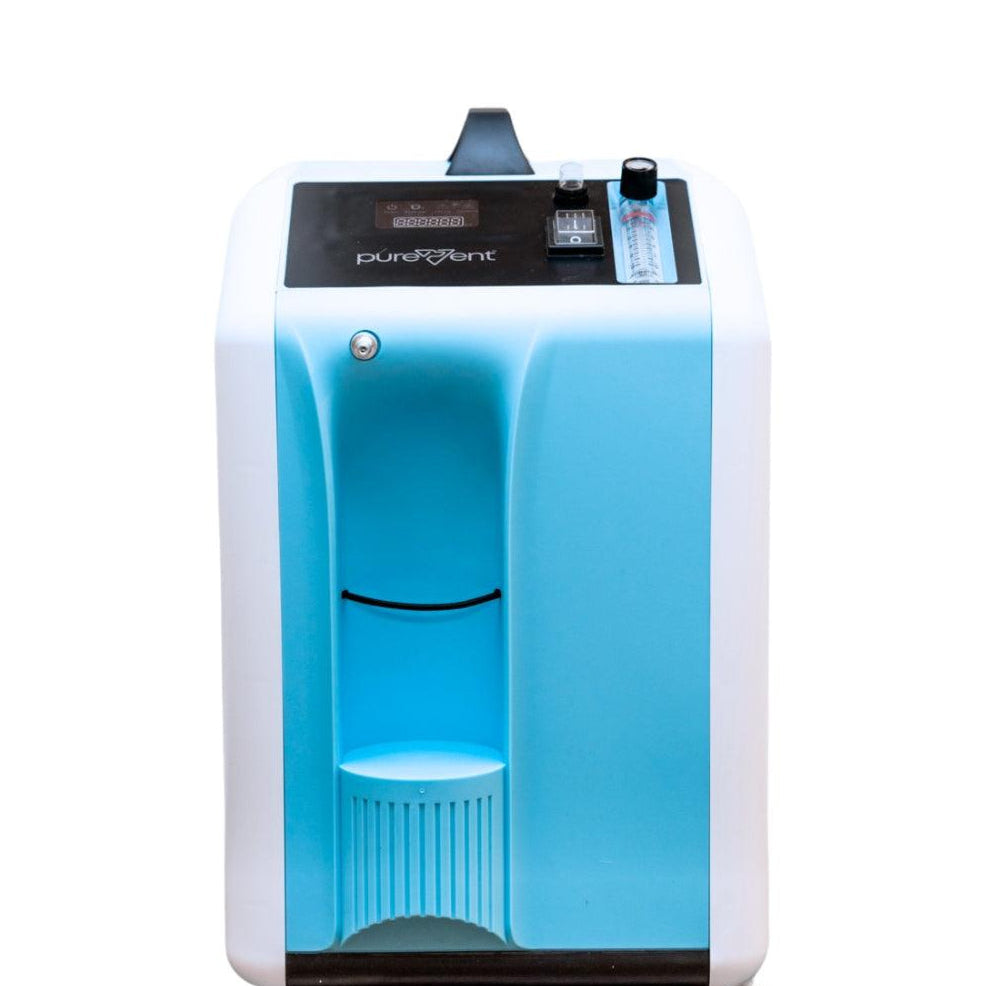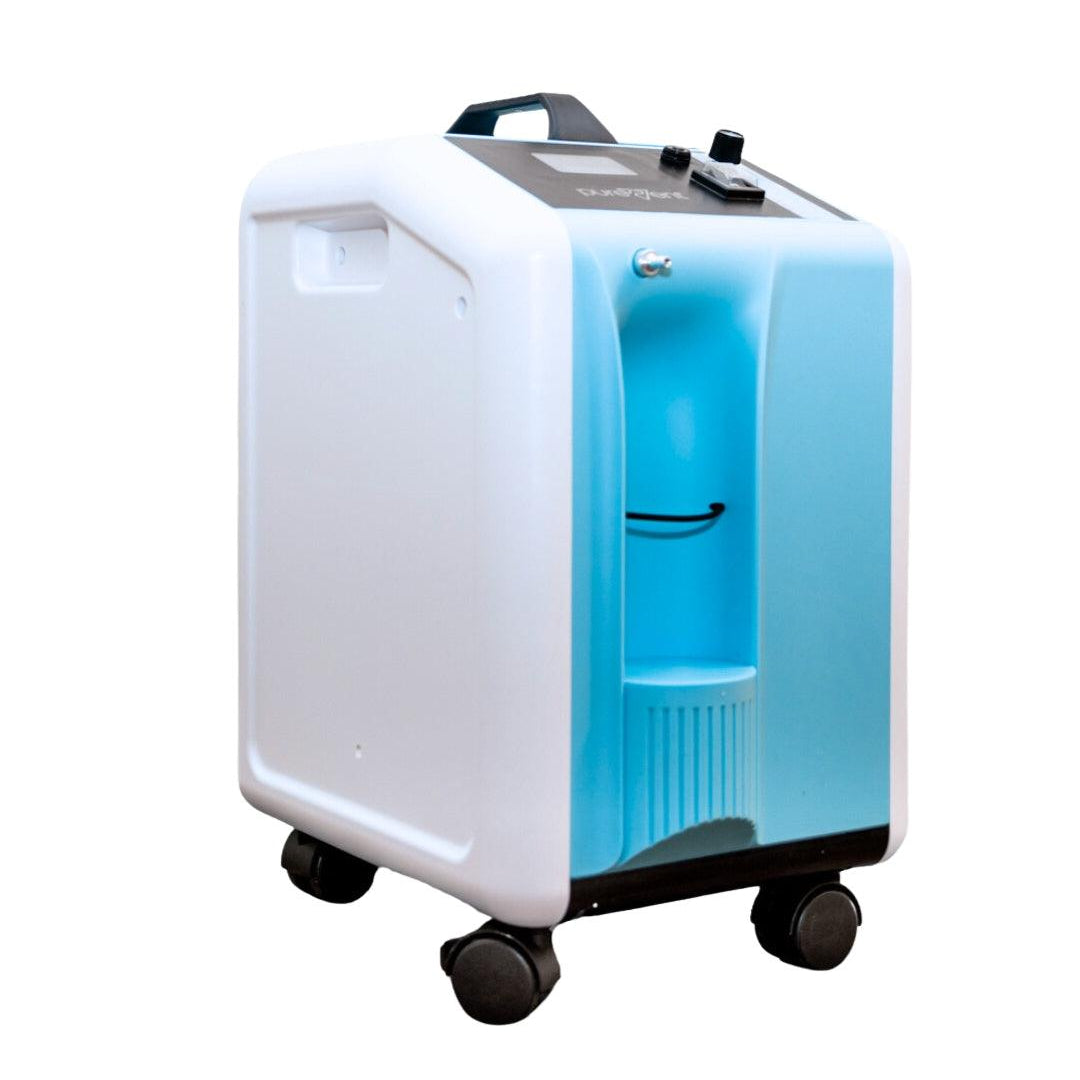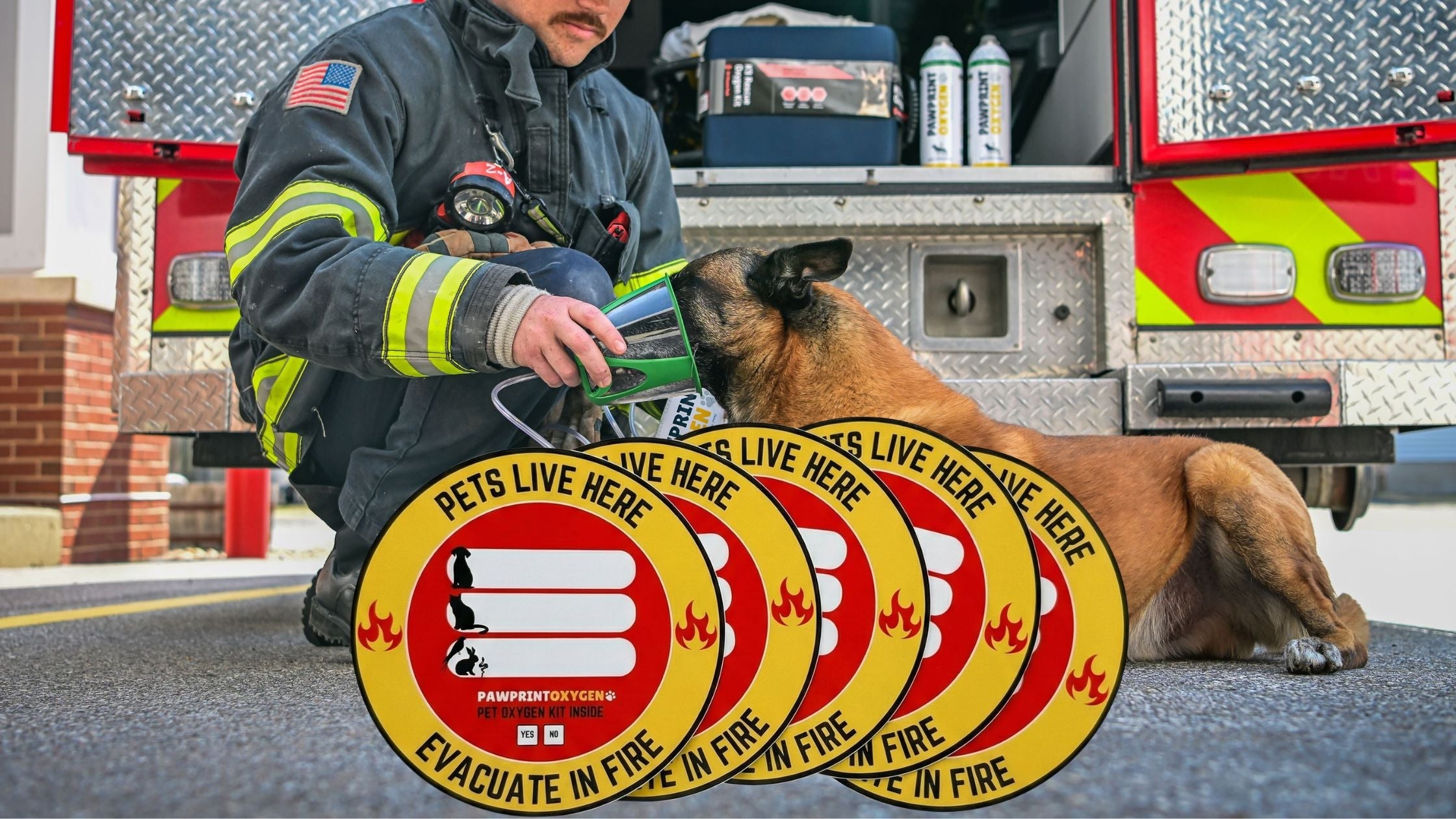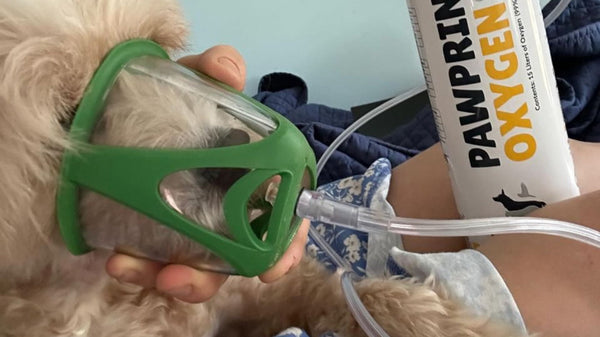Pet Owners can frequently be faced with respiratory challenges for their dogs. One such condition that frequently comes up in our discussions is the collapsed trachea in dogs. It's a condition that can cause significant distress to your furry friend, and understanding it is the first step towards providing the best care. This blog post aims to shed light on the collapsed trachea, its diagnosis, treatment options, and how to manage a dog living with this condition.
The Basics of Collapsed Trachea in Dogs
A collapsed trachea occurs when the tracheal rings, which maintain the shape of the trachea, weaken and collapse. This leads to a narrowed airway, making it difficult for your dog to breathe. The signs and symptoms that might indicate your dog has a collapsed trachea include a honking cough, difficulty breathing, and intolerance to exercise.
The trachea, or windpipe, plays a vital role in your dog's respiratory system, allowing air to flow to and from the lungs. The collapse can be due to congenital weaknesses in the tracheal rings, breed predispositions (small breeds like Yorkshire Terriers and Pomeranians are at higher risk), obesity, and other factors that add strain to the trachea.
Diagnosis of Collapsed Trachea in Dogs
Veterinarians diagnose a collapsed trachea based on clinical signs, a thorough physical examination, and diagnostic tools. X-rays and endoscopy are commonly used to assess the extent of the collapse and to formulate an appropriate treatment plan.
Dog Oxygen Rescue Kit
Our Oxygen Rescue Kits are designed to help your dog exactly when they need it. You can administer on-the-spot oxygen or oxygen in transport while on your way to emergency care. Dogs needing this rescue kit would likely suffer from more acute health conditions like seizures or be in a high-risk category that you'd like to keep a kit on hand to transport them with.
Treatment Options for Collapsed Trachea in Dogs
Conservative Management
In general, these are fairly non invasive options that can manage your pet's collapsed trachea diagnosis:
- Weight Management: Keeping your dog at a healthy weight can significantly reduce the symptoms of a collapsed trachea.
- Cough Suppressants: These can help manage the coughing, which is both a symptom and a cause of further irritation to the trachea.
- Anti-inflammatory Medications: To reduce tracheal inflammation and ease breathing.
- Sedatives: Used in specific cases to reduce coughing episodes triggered by excitement or stress.
- Environmental Management: Minimizing exposure to irritants like smoke and dust can help prevent coughing fits.
Medical Interventions
These are more invasive options that can manage your pet's collapsed trachea diagnosis that most often require the direct care of your veterinarian:
- Bronchodilators: These medications can open up the airways, making it easier for your dog to breathe.
- Steroids: Prescribed to reduce inflammation, with careful consideration of potential side effects.
- Antibiotics: Used if there's a secondary infection complicating the tracheal collapse.
- Oxygen Therapy: The use of Oxygen Therapy can help your dog receive Oxygen during episodes of CT.
Surgical Options for Collapsed Trachea
Invasive option that must be decided upon under the direct care of your veterinarian:
Surgery, including tracheal stenting, is considered when conservative and medical treatments are insufficient. While surgery can offer relief, it comes with its own set of risks and considerations.

Lifestyle Care Tips
When a dog with a collapsed trachea wears a collar, any pulling or tension can apply direct pressure to the already weakened trachea. This pressure can worsen the collapse and lead to more severe symptoms such as coughing fits, choking, and even respiratory distress ( American Kennel Club ) ( Merck Veterinary Manual )
- Harness vs. Collar: A harness is preferred over a collar to avoid putting extra pressure on the trachea.
- Exercise Management: Exercise should be gentle and tailored to avoid exacerbating the condition.
-
Stress Reduction: Keeping your dog calm can help minimize coughing episodes.
Alternatives to Collars:
For dogs with collapsed trachea, a harness is a much safer alternative. Here's why:
- Even Distribution of Pressure: A harness distributes pressure across the chest and shoulders, avoiding the trachea and reducing the risk of aggravating the condition.
- Better Control: Harnesses provide better control over the dog without putting strain on the neck, making walks and other activities safer and more comfortable.
-
Comfort: Many harnesses are designed with padding and ergonomic shapes to enhance comfort, making it easier for the dog to breathe and move.
When choosing a harness, opt for one specifically designed to avoid the neck area and provide good support. Consulting with a veterinarian can help you select the best harness for your dog's specific needs and ensure that it is fitted properly.
Oxygen Therapy: A Vital Treatment Option
One innovative and effective treatment for managing the symptoms of a collapsed trachea is Oxygen Therapy. For this, PawPrint Oxygen emerges as a standout provider, offering portable and easy-to-use oxygen therapy solutions tailored for pets. This therapy can significantly improve the quality of life for dogs with severe respiratory difficulties by ensuring they receive the necessary oxygen without the stress of hospital visits.
Supplemental oxygen is typically used in dogs with collapsed trachea during periods of severe respiratory distress, when they are unable to maintain adequate oxygen levels through normal breathing. Situations that might necessitate the use of supplemental oxygen include:
-
Acute Respiratory Distress:
- During severe coughing episodes that lead to difficulty breathing.
- If the dog shows signs of cyanosis (blue gums or tongue), indicating low oxygen levels in the blood.
-
Post-Surgical Recovery:
- After procedures like tracheal stenting or other surgeries to ensure the dog maintains adequate oxygenation during recovery.
-
During Severe Episodes:
- When the dog is experiencing severe symptoms that do not resolve with usual medical treatments.
-
Chronic Management:
- For dogs with advanced tracheal collapse, supplemental oxygen can be used as part of a long-term management plan to improve quality of life.
